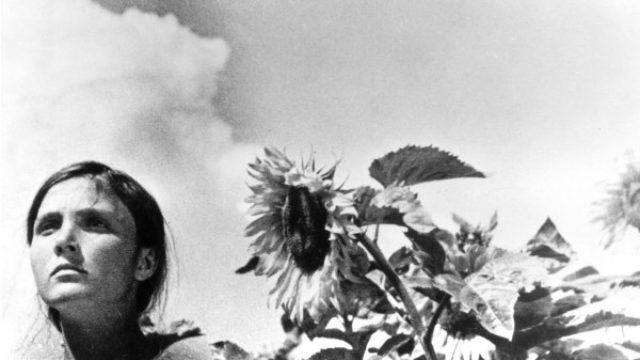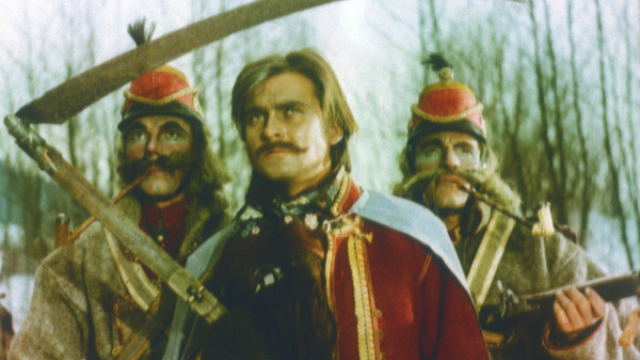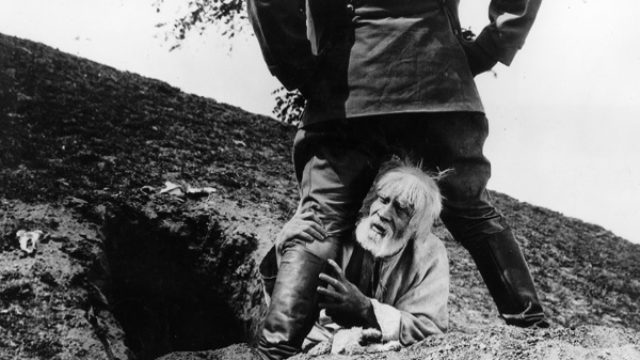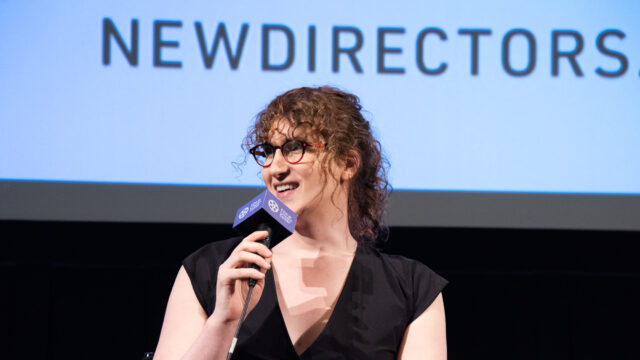Capturing the Marvelous: Ukrainian Poetic Cinema
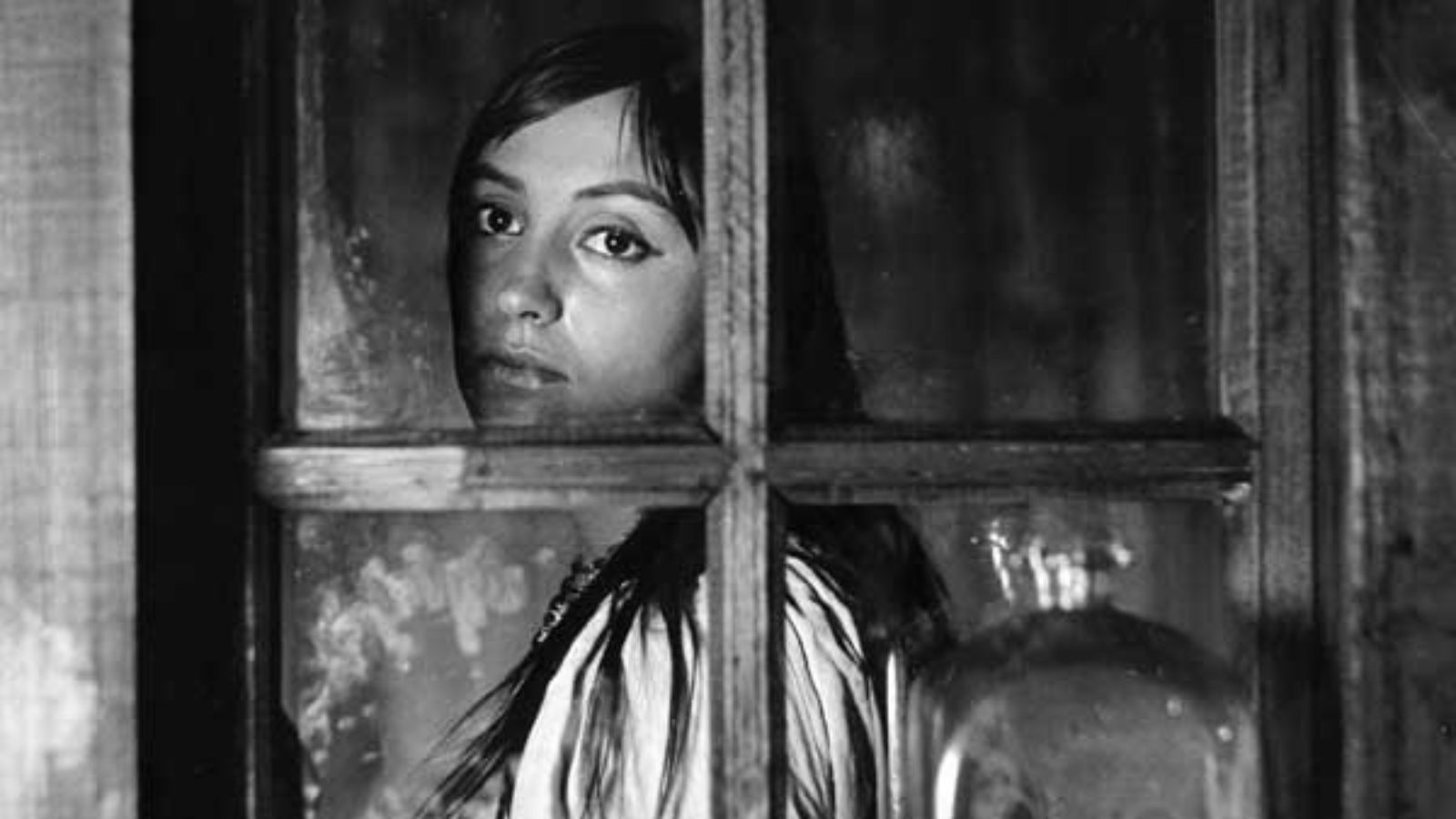
Buy tickets to two films together and save with our Double Feature Package!
Beginning in the late 19th century, a kind of “folk modernism” developed in the Ukraine that combined traditional themes and images with often far-reaching aesthetic innovation, as seen in the work of artists such as Sholem Aleichem, Mykhailo Kotsiubynsky, Marc Chagall or Oleksandra Ekster. In cinema, this tendency was characterized by the work of Aleksandr Dovzhenko, the “father” of Ukrainian cinema and one of the giants of world cinema; although the political pressures of Thirties “socialist realism” would tame his style, one need only see his Zvenigora or his masterpiece Earth to discover what a radically original vision of cinema Dovzhenko was proposing—one that effortlessly combined political agitation with a lyrical celebration of Nature and humanity’s place within it.
With the coming of the cultural thaw in the late 1950s and early ‘60s, a new generation of Ukrainian or Ukrainian-based filmmakers returned to the spirit of “folk modernism.” One of the era’s most popular films, Sergei Parajanov’s Shadows of Forgotten Ancestors, brought a Carpathian folk tale about star-crossed lovers in the Carpathians to life with a whirlwind of color, camera movement and driving folk music. His cameraman on Shadows, Yuri Ilyenko, in works such as Spring for the Thirsty and The Eve of St. John, brought this poetic tendency to such delirious limits that both films ran into trouble with the Soviet authorities.
We offer this brief tribute to Ukrainian poetic cinema, a movement little known today but one that provided some of the most remarkable looking and sounding films ever made. Series programmed by Richard Peña.
Earth
Live piano accompaniment by Makia Matsumura!
One of the greatest of all silent films, Earth is Dovzhenko’s consummate meditation on nature’s cycles of death and rebirth, set in a village being prepared for collectivization.
The Eve of St. John
September 8 show has been moved to the Elinor Bunin Munroe Film Center.
Gogol’s haunting short story about a peasant falling into the clutches of the Devil becomes a visual tour de force in Illienko's controversial, long-banned adaptation.
The Horse That Cried
Mark Donskoi revealed a lovely romanticism in this tender story of a woman eloping with her lover after escaping an arranged marriage.
Shadows of Forgotten Ancestors
September 7 & 8 shows have been moved to the Elinor Bunin Munroe Film Center.
Winner of multiple international awards, Parajanov’s stirring tale of star-crossed lovers battling both natural and supernatural forces is simply a sensuous feast for the eyes and ears.
Spring for the Thirsty
September 7 show has been moved to the Elinor Bunin Munroe Film Center.
Pushing the artistic limits of what might be allowable in the USSR, Illienko's directorial debut renders its look at an old man battling his memories as he prepares for death.
The Stone Cross
Preparing to leave for Canada, peasant Ivan Didukh is forced to sit in judgement of a thief who faces the death penalty for having broken into Ivan’s house.
White Bird With a Black Mark
Yuri Illienko once again brings his dazzling poetic vision to this tale of loyalty to family, to nation, to state—and to oneself.
Zvenigora
Live piano accompaniment by Makia Matsumura!
The story of a mountain containing buried treasure, told by a grandfather to his grandson, is the premise for Oleksander Dovzhenko’s debut feature, a mystical celebration of the land that overrides the more overt political metaphor

